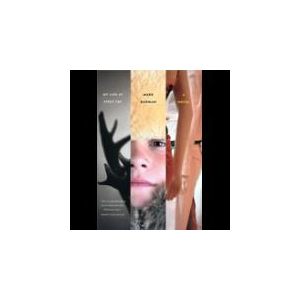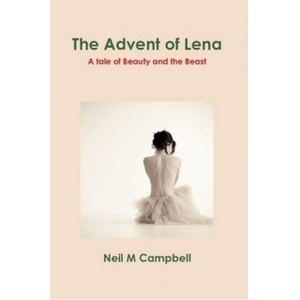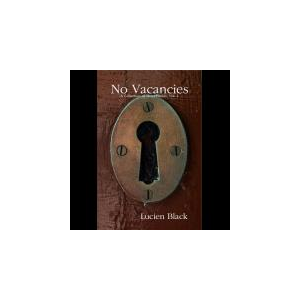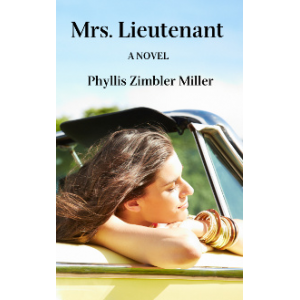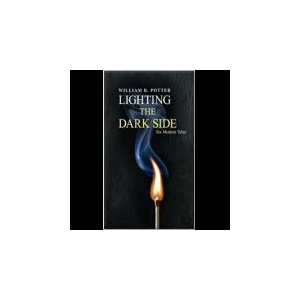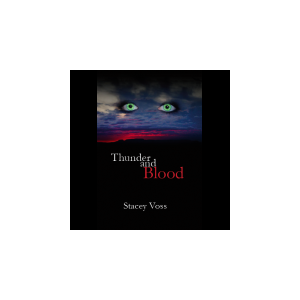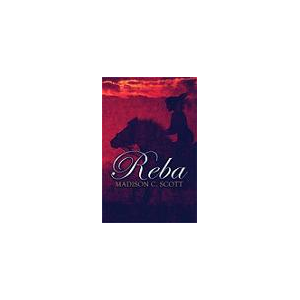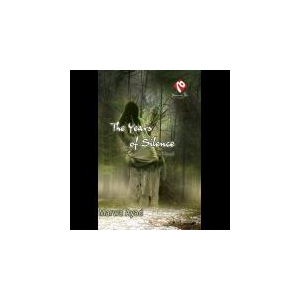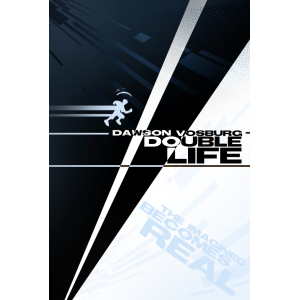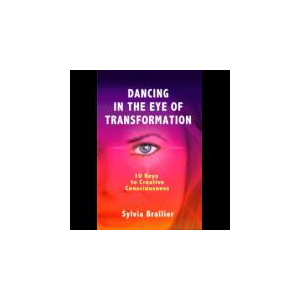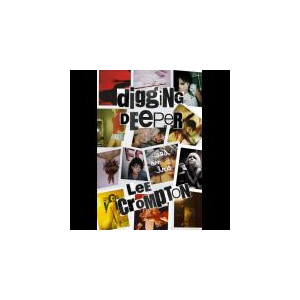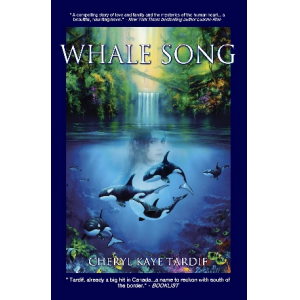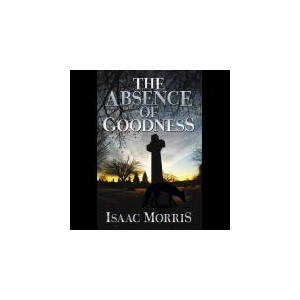Coming up for Air
Beginning in the early years of World War II, and cleverlyviewed through the eyes of a young child being brought up in Germany, “Comingup for Air” takes the readers on a touching and thought-provoking journey asthey follow the development of the protagonist through her development duringever-changing times.
Written in three parts, the first part centres around the child’supbringing and relates her point of view and impressions amidst this backdropof devastation and deprivation.
The second part gives a deep, and at times humorous, insightinto the inner conflict of the growing girl in an ever-changing world, with allthe accompanied stirrings and confusions of her natural development. The third part takes her into young adulthoodin yet another world, free from the rules and restrictions of the past with new temptations on offer, andfinally able to ‘come into her own’ and ‘come up for air’.
Interspersed with historical facts, this is not only a quitedelightful and entertaining read but also contains information of value tolater generations; an emotive trip down memory lane for those of us whoremember; and – lest we should forget – contains a humbling lesson for all.
Superbly written ( as is only to be expected from an Authorwith such a literary background ) this is not only a stirring and enthrallingread, but at the same time is light, easy and exceedingly entertaining.
Rose Mary Boehm has, she tells us, many more books in thepipeline and we certainly hope we shall have the privilege of reading some ofthem before too long.
Book Trailer
http://www.youtube.com/watch?v=cg7zN8kNaO4The Story Behind This Book
In London, some time in the mid 70s, young friends of mine asked me about ‘my side of history’. I wasn’t at all sure where I should begin or, even, whether I wanted to. When I started to dig in my Pandora’s box of hidden memories, I found impressions rather than a story, I found a small voice and decided to let the child ‘start at the very beginning’, allowing the voice to mature as she’s recalling her version of events. The book has been written in three parts in more than one way: one part of it is unashamedly autobiographical, another consists of tales from friends, yet another is pure invention, and all three ‘inputs’ have been woven into the story wherever they fit. Some characters are based on real people, some are blends of people I’ve known; events, places, dates and time I shifted at will, and all names of the protagonists are fictitious. I divided the story into three parts, and when I say ‘parts’ I don’t just mean a first, second and third part of the book, on a rather more subtle level it is indeed a bit of everything. For the childhood of our protagonist I drew logically on my own experiences from that time. How could I do otherwise since this was my reality too. Even though I let Anne speak in the first person, it is not I who is speaking but an amalgam of little people who happen to go through childhood against whichever backdrop. It’s amazing how resilient children are, and as I was enquiring, researching, asking same-generation Germans who survived that sad time of our history, I became convinced the same must be true for the children of other wars and what euphemistically are called conflicts (if they survived). I imagined children from Africa, Ireland, Afghanistan, Palestine and began to be filled with hope. This novel is not about war, or peace, or politics. It’s about human beings in often extreme situations, about childhood and about growing up at a time of change and of growing chasms between two generations whose middle ground, usually reserved for negotiations, has literally been blown sky-high. In the first part: Another Kind of Childhood, the child relates impressions from her first years of life in Germany, a childhood set against the dark background of the Second World War. Seen from the child’s point of view and narrated in the first person in her own voice, the reader not only meets the child and her inner world, but also encounters some of the grown-ups related to the child – parents and neighbours, friends and relatives. The small protagonist who begins to tell the story when she is around three years old has - by the nature of things - a small voice in a big and fearsome world, and I tried to let this small voice tell us her side of the experience in her own words, and in doing so she took me by the hand and allowed me a glimpse into the process of her growth from child to young adult. This brought me automatically to the second part of the novel, The Unbearable Burden of Sex. The child became a young girl who carried the baggage of her own childhood experiences as well as that of her parents and has to find her feet in post-War Germany without much help from parents who are tiredly engaged in recreating a life for themselves and their children while having lost all reference points which had guided them up to 1939. Ten years later the world is a very different playground and none of the old rules apply. The young girl grows during the narration into a young woman, and her voice is becoming more assured. In the third part, Spitting Against The Wind, the teenager becomes an adult, and soon the reader meets a person who has a clearer perspective of her past, her present, and her future. She is ‘coming up for air’. She has no idea where she’s going, but she knows she’ll be dealing with whatever comes her way. She has decided to live her life instead of ‘having it lived for her’. Perhaps never before has there been a greater ‘generation gap’ than the one that opened up between the average pre-War generation awakening in the West-German wonderland of bubble gum, films, nylon stockings, jazz, sex and rock-n’-roll and the children of a generation which naively accepted it all at face value and desperately tried to live up to a new world’s perceived expectations, angry at the restrictions placed upon them by their parents who simply couldn’t understand; parents who had to hold on to the only values they knew, especially when everything around them seemed to collapse. The story is for everyone who ever wondered what it was like for ‘the others’. But, more than that, it is the account of a human being struggling to come to terms with growing up and trying to break out of an imposed set of cultural and moral mores to become her own reference point and think for herself, deciding on a brave future that is based on trust in her own strengths and allowing for her own weaknesses. Mainly at the beginning I, the writer, the one who knew what this was all about, had to impart what many early readers of the manuscript considered ‘necessary background information’. Especially younger readers said they had no idea of the historical or geographical context in which this childhood and growing-up process takes place. Therefore, dotted between the voices and narration are short historical references which the little girl couldn’t know but the reader needs to help them understand. I tried to convey a time of love, fear, solidarity, bewilderment, pain, hypocrisy, fun, hope, friendship, optimism, promises and expectations. Well, the usual mix. But, more than that, I intended to show today’s young adults there is nothing new under the sun, and that we can free ourselves from repeating errors in our reactions to our world which are born from the many confusing messages life imparts. Just one more thing I’d like to add: I always felt patronised by writers who flog a thought to death, desperately afraid the reader may not ‘get the message’. They deal in home-spun psychiatry and point out the obvious. That memory made me try not to press home a message and write simply and on the basis that the readers are intelligent beings who don’t need an explanation of how cause and effect work, and who’ll contribute with a ‘secondary moment of creation’ by feeding their own experiences into the fabric spun by me, my protagonists and their special circumstances.

